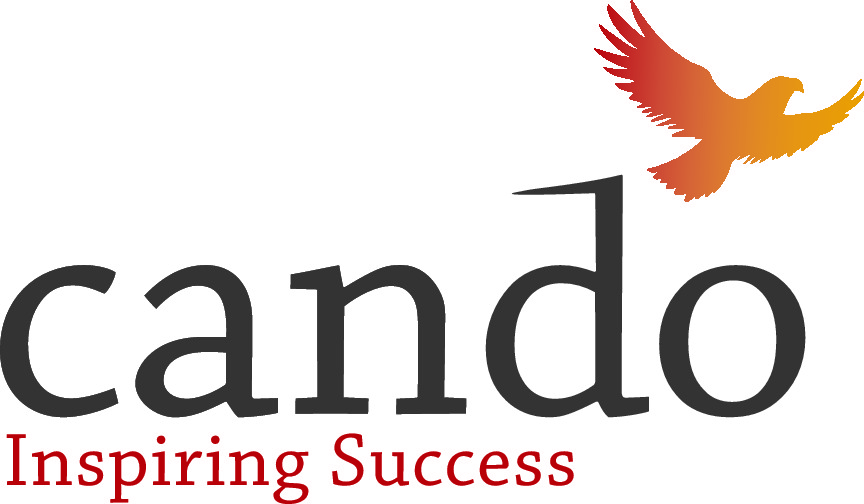Envisioning Community Economic Development Through an Indigenous-Led Social Enterprise in Ka’a’gee Tu First Nation, Northwest Territories
DOI:
https://doi.org/10.29173/jaed513Keywords:
Climate change, Aboriginal economic development, Food Sovereignty, Food security, Traditional knowledge, Two-Eyed Seeing, First Nations social enterpriseAbstract
The Ka’a’gee Tu First Nation, in Kakisa, Northwest Territories, is cultivating food to strengthen their food systems against multifaceted threats posed by colonization, climate change, and socioeconomic disparities. Community efforts to grow food are new and stand as an adaptation response to their changing food system. Although establishing food-growing initiatives has been a gradual process, their success is now evident with substantial quantities of food being produced. This research addresses the need for a sustainable food distribution model in Kakisa to ensure food is accessible to the community. Using a participatory action research approach, community members shared their vision, leading to the exploration of an Indigenous-led economic model merging Western approaches with Indigenous values. Kakisa’s enterprise will support food distribution systems, including a store, and act as a space to host social gatherings, facilitate Traditional Knowledge workshops, and share food. The community’s vision of an Indigenous-led social enterprise embodies a holistic approach to economic development that emphasizes social bonding and community well-being over pure economic activities. Accomplishing this vision requires continuous efforts toward fostering collaboration, nurturing cultural resurgence, and empowering Indigenous leadership within economic development.
Downloads
References
Adams, M. S., Carpenter, J., Housty, J. A., Neasloss, D., Paquet, P. C., Service, C., Walkus, J., & Darimont, C. T. (2014). Toward increased engagement between academic and Indigenous community partners in ecological research. Ecology and Society, 19(3), Article 5. https://doi.org/10.5751/es-06569-190305.
Bartlett, C., Marshall, M., & Marshall, A. (2012). Two-Eyed Seeing and other lessons learned within a co-learning journey of bringing together Indigenous and mainstream knowledges and ways of knowing. Journal of Environmental Studies and Sciences, 2(4), 331–340. https://doi.org/10.1007/s13412-012-0086-8
Chambers, R., and Conway, G. R. (1992). Sustainable rural livelihoods: Practical concepts for the 21st century. IDS Discussion Paper 296. https://www.ids.ac.uk/publications/sustainable-rural-livelihoods-practical-concepts-for-the-21st-century/
Dehcho First Nations. (n.d.). Dene principles & values. Retrieved August 13, 2024, from https://dehcho.org/dene-government/about-us/dene-principles-values/
Eliassen, B. (2016). Ethical guidelines for Indigenous health research. Centre for Sami Health Research. https://www.ulapland.fi/loader.aspx?id=31005555-4670-4bcc-95c2-084ee23f4442.
Fine, M., & Torre, M. E. (2019). Critical participatory action research: A feminist project for validity and solidarity. Psychology of Women Quarterly, 43(4), 433–444. https://doi.org/10.1177/0361684319865255
Hilton, C.A. (2022). Indigenomics: Taking a seat at the economic table. New Society Publishers.
Hossein, C. S., & Pearson, M. (2023). Black feminists in the third sector: Here is why we choose to use the term solidarity economy. The Review of Black Political Economy, 50(2), 222–248. https://doi.org/10.1177/00346446221132319
Ka’a’gee Tu First Nation [KTFN]. (2018). Kakisa Community Wellness Plan 2018. Ka’a’gee Tu First Nation. https://www.hss.gov.nt.ca/sites/hss/files/kakisa-community-wellness-plan.pdf
KTFN, & Temmer, J. (2024). K’a’gee Tu First Nation local food action plan (2025-2030). Ka’a’gee Tu First Nation.
Kepkiewicz, L., & Dale, B. (2019). Keeping ‘our’ land: Property, agriculture and tensions between Indigenous and settler visions of food sovereignty in Canada. Journal of Peasant Studies, 46(5), 983–1002. https://doi.org/10.1080/03066150.2018.1439929
MacPherson, I. (2009). What has been learned should be studied and passed on: Why the northern cooperative experience needs to be considered more seriously. The Northern Review, 30, 57–81.
Natcher, D., Castro, D., & Felt, L. (2014). Chapter 9: Hunter support programs and the northern social economy. In S. Southcott. (ed.), Northern communities working together: The social economy of Canada’s north. University of Toronto Press.
Nelson, C., Stroink, M. L., Levkoe, C. Z., Kakegamic, R., McKay, E., Stolz, W., & Streutker, A. (2019). Understanding social economy through a complexity lens: Four case studies in Northwestern Ontario: Four Case Studies. Canadian Food Studies La Revue Canadienne Des études Sur l’alimentation, 6(3), 33–59. https://doi.org/10.15353/cfs-rcea.v6i3.357
Nelson, R. (2022). Beyond dependency: Economic development, capacity building, and generational sustainability for Indigenous People in Canada. SAGE Open, 9(3). https://doi.org/10.1177/2158244019879137
Padilla-Melendez, A., Plaza-Angulo, J.J., Del-Aguila-Obra, A.R., & Ciruela-Lorenzo, A.M. (2022). Indigenous entrepreneurship. Current issues and future lines. Entrepreneurship & Regional Development, 34(1-2), 6-31. https://doi.org/10.1080/08985626.2021.2011962
Peltier, C. (2018). An application of Two-Eyed Seeing: Indigenous research methods with participatory action research. International Journal of Qualitative Methods, 17(1). https://doi.org/10.1177/1609406918812346
Porter, M., & Kramer, M. (2011). Creating shared value. Harvard Business Review, 89(1-2), 62-77.
Price, M.J., Latta, A., Spring, A., Temmer, J., Johnston, C., Chicot, L., Jumbo, J., & Leishman, M. (2022). ‘Agroecology in the north: Centering Indigenous Food Sovereignty and land stewardship in agriculture “Frontiers”’, Agriculture and Human Values, 39(4), pp. 1191–1206. https://doi.org/10.1007/s10460-022-10312-7.
Ray, L. (2021). Decolonizing action research through Two-Eyed Seeing: The Indigenous quality assurance project. The Canadian Journal of Action Research, 21(3), 95–114. https://doi.org/10.33524/cjar.v21i3.510
Spring, A., Carter, B., & Blay-Palmer, A. (2018). Climate change, community capitals, and food security: Building a more sustainable food system in a northern Canadian boreal community. Canadian Food Studies, 5(2), 111–141. https://doi.org/10.15353/cfsrcea.v5i2.199
Weissbourd, R., Batanova, M., Lovison, V., & Torres, E. (2021). Loneliness in America: How the pandemic has deepened an epidemic of loneliness and what we can do about it. Harvard Graduate School of Education & Making Caring Common. https://mcc.gse.harvard.edu/reports/loneliness-inamerica
Young, P. (2021). Etuaptmumk: Considering Indigenous economic development through Two-Eyed Seeing [Doctoral dissertation, University of Ottawa]. uO Research. http://dx.doi.org/10.20381/ruor-27253
Downloads
Published
Issue
Section
License
Copyright (c) 2025 Laura Rodriguez Reyes, Jennifer Temmer, Charlotte Spring, Ruby Simba, Maverick Simba-Canadien, Andrew Spring

This work is licensed under a Creative Commons Attribution-NonCommercial-NoDerivatives 4.0 International License.




